
We were three days sail out of Pearl Harbor in November 1994 when the Red Cross message clattered from the teletype: Mother of servicemember requests return home. Father in coma after heart attack. Not expected to survive.
“Sixty-seven isn’t old. How can this be?”
Were the USS Tripoli an aircraft carrier, they might have flown me off on the C-2 Greyhound. But the Tripoli was a helicopter carrier, an amphibious assault ship without fixed-wing aircraft. I’d have to wait three agonizing days before I could begin my journey home to Tampa.
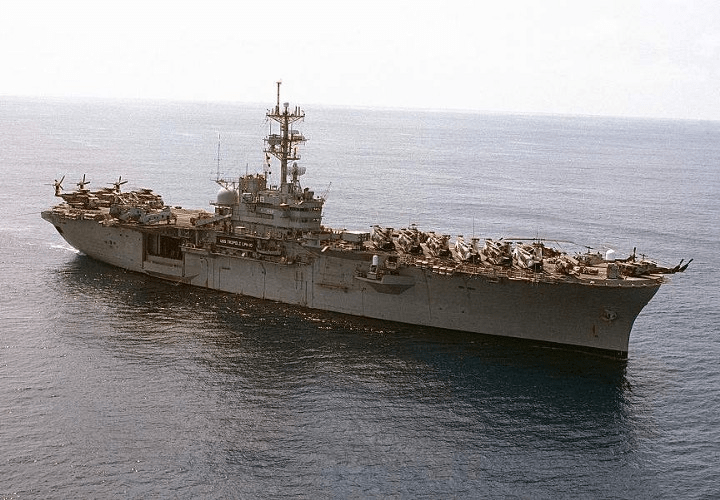
The Chaplain found me at my desk on the hangar deck and gave me the message. He expressed condolences, then asked if I were close to Dad.
“No,” I said. “We weren’t close.”
I wanted to take back the words as soon as they left my lips. But they’re still out there, hanging right in front of me, one of two things I said about Dad that I wish I could unsay. We weren’t close as in pals or best buds, we walked on eggshells around one another, but we were civil and could still laugh together.
My wife and her mom met me at the pier and we drove home to Mom Ono’s in Pearl City. The Ship’s Office had arranged my travel; I would fly out of Honolulu the following morning and arrive Tampa that afternoon.
My sister Marianne met me at the airport and drove me home. I held Mom as tight and as long as her new hip would let me. She had broken her hip roller-skating when she jumped over a boy who had fallen in front of her. She was sixty-four.
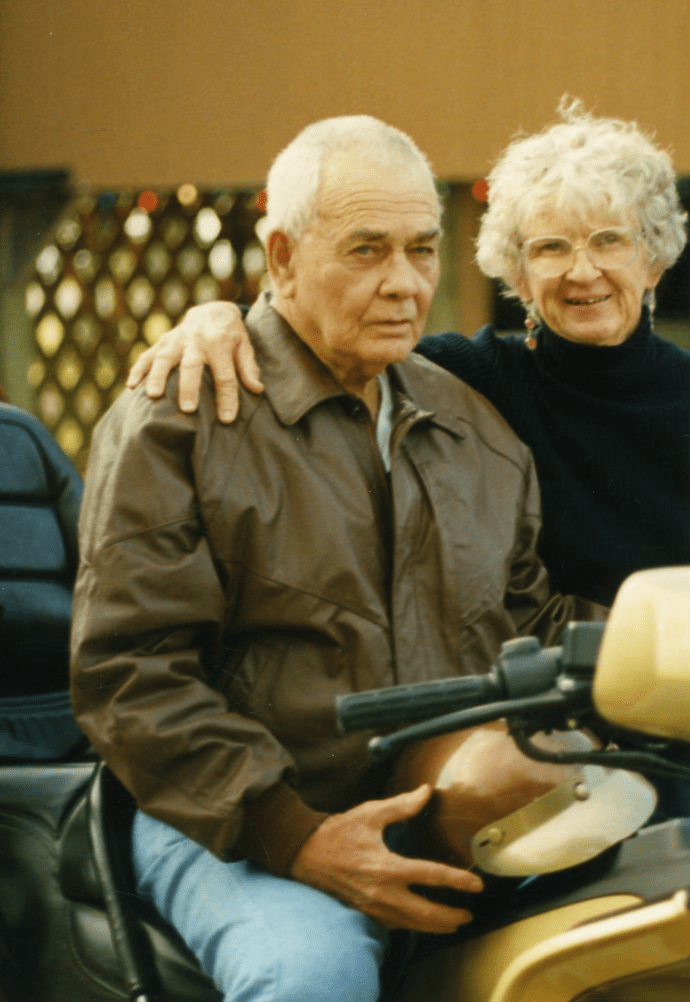
I wondered at the irony between meeting Dad at a roller rink in 1947 San Francisco (he knocked her down!) and breaking her hip at a roller rink in 1994 Tampa when he died. I wonder now if she made the connection. Of course, she did.
The hospital sent Dad home on November 30th and we set up his bed in my old bedroom. The walls I had painted deep purple in my Smoke On the Water teen days were now plain white. Somewhere under that paint the wallboard under the window that looked out on the gator pond was still etched with “January 1st, 1970.” The change of decades had been a big deal for me and I risked Dad’s wrath by making note of it on the wall.

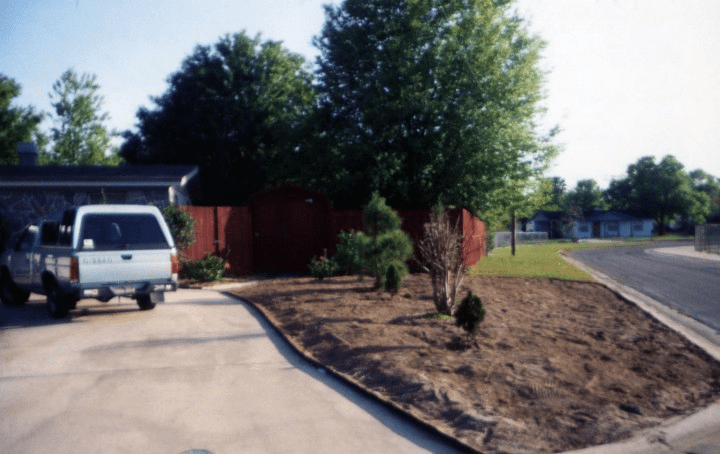
Mom spent most of the next ten days keeping off her feet. She disliked pain meds and only moved when she had to. She read her well-worn Bible and prayed. Her girlfriends came over often to keep her company. More than once I’d walk into the living room and find a group of women praying in a circle around Mom, worshiping Jesus, and speaking in tongues. If you’ve never experienced worship like that I can’t describe it for you. All I can say is, if Mom did it, it was real. You can’t fake it. I believe it.
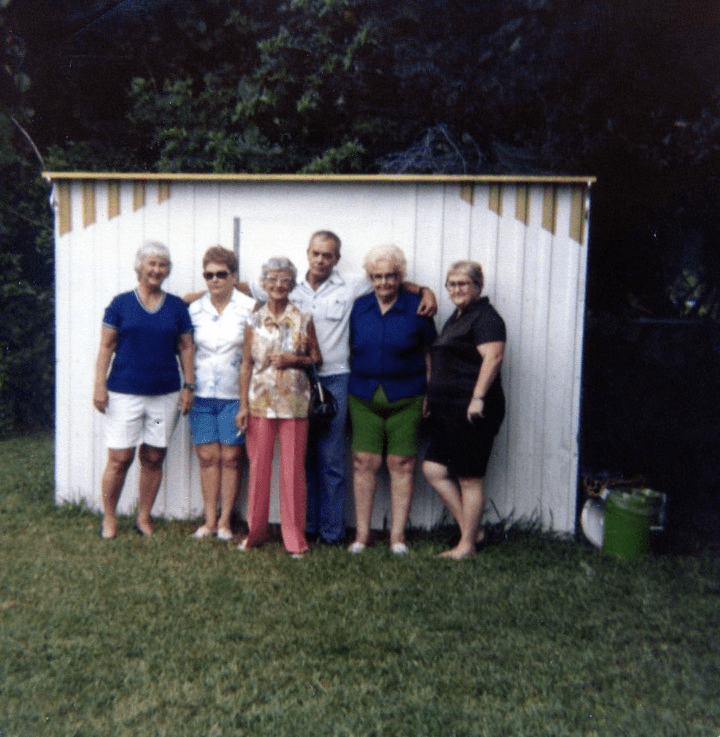
I spent the next ten days looking after Dad. The hospice nurse came by daily to check on Dad — and Mom and me. She told me how to arrange the various tubes and catheters, how to administer meds, and how to take care of Dad in general. She also gave the a phone number and told me to give my name and address and say “Code Blue,” when Dad died.
Those days with Dad were the most precious days we spent together in a long time. I did all the talking. I had a lot to say. I got a lot off my chest. I forgave Dad for his failures as a father and the verbal abuse that I took to heart.
At the time, I didn’t realize Dad had suffered tremendously from his service in WWII. I didn’t understand PTSD. I wasn’t the one who, every day of his life after the war, wished that he had died in the war rather than be haunted by the faces of his dead friends and shipmates. I wrote about Dad’s WWII experience in Eighteen Thousand Two-Hundred and Fifty. I guess that doesn’t excuse the verbal abuse but explains it.

But I also asked Dad’s forgiveness. I apologized for being a wretched son. For not calling home more often. For cussing him out at the dinner table that night. For lying. For stealing coins from his dresser. For loafing, not studying, not applying myself, for my selfishness, all the things we look back on and wish we could undo.
I tried to take rubbings of his Tattoos. Mom always carried a camera, usually a Kodak Instamatic or the like, but I guess it never occurred to me to take photos of Dad’s tattoos. I regret it.
I spent many hours lost in thought while standing next to Dad’s bed. I replayed our lives together so many times, all the good times before things began to run downhill; all the bad; all the wishes that we could laugh together again the way we did while watching Hee Haw, Gomer Pyle, Carol Burnett, All in the Family. There were many more good times, but the bad times seemed to color over them some.
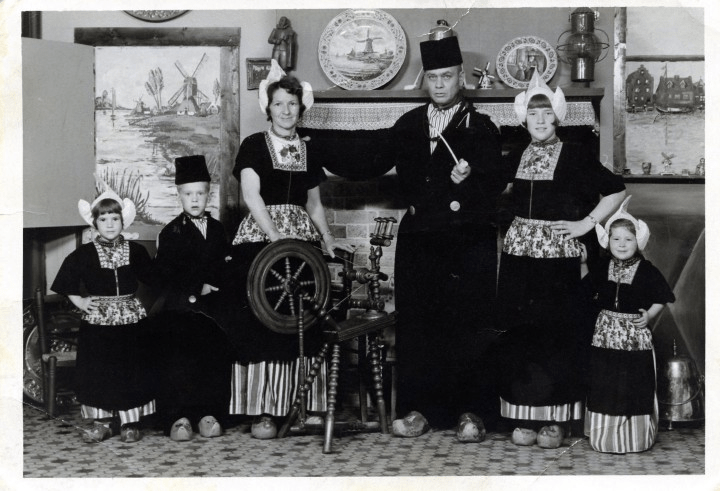
I thanked Dad for working like a dog to put food on the table, clothes on our backs, and gifts at Christmas and Birthdays. I thanked him for the times he took me to work with him: walking the flightline and the sight of dozens of F-4 Phantoms, canopies open, on alert during the Cold War; riding along when he was a milkman and housewives tipping me a quarter; walking his beat with him as a security guard. I thanked him for his pride in me.
I thanked him for teaching me how to care for a lawn (although I hated it at the time), for the green thumb he bequeathed me, how to shoot, how to swim and -sometimes- float on my back (I was too skinny to float:), how to enjoy reading, for getting me my first job as a busboy at Village Inn Pancake House, for not getting mad when I asked a million times “Are we almost there?” that time we drove to Wiesbaden, Germany for my hearing tests, for coming to my little league baseball games, for coming to see me graduate from Boot Camp.

Late in the evening on December 10th, I left Dad to watch TV with mom for a while. When the show ended a few minutes before midnight, I went to check on Dad. He was gray. He had died sometime in the past half hour.
Mom and I cried holding each other while the last forty-eight years passed through her mind. “Oh, Johnny. Oh, Johnny.”
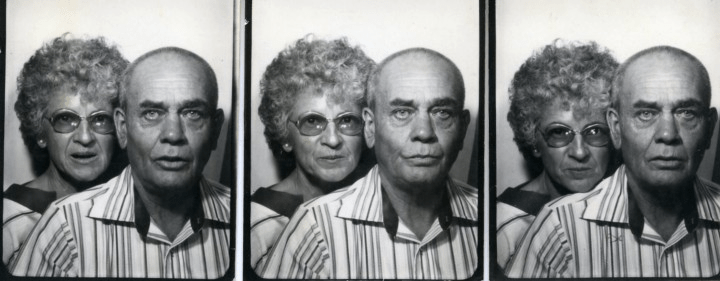
Oh, this is so poignant. Guy’s father, who was verbally abusive and short-tempered, died when Guy was in Vietnam. His father didn’t pass the physical for WWII, so combat wasn’t an excuse. It took Guy several years to work through forgiving his father.
LikeLiked by 2 people
That’s a terrible way to grow up. Maybe Guy’s dad took out his frustration over not passing the physical by lashing out at orhers.
LikeLiked by 1 person
It went deeper than that, probably a generation back. He was 48 when he died.
LikeLiked by 1 person
So young! My dad’s issues went back to his own dad. My mom said his dad was cruel, not physically, but verbally. He also ridiculed my dad for calling mom honey. She said he never called her honey again.
Heartbreaking how our dads were abused themselves.
LikeLiked by 1 person
Interesting post. You get me thinking of my own father, it was challenging growing up and then when I had my own kids, it was like something clicked. I can understand the challenges though. Thanks for sharing.
LikeLiked by 1 person
Thank you. As I wrote, there were many more good than bad times, but the bad always seem to stand out.
Thank you for stopping by 🙂
LikeLike
So many memories pass through one’s mind when their time comes near. I can relate to your story, Will.
LikeLiked by 2 people
Thank you, GP. No one came home unscarred, and none of them forgot. I imagine they relive some of that at the end.
LikeLiked by 1 person
Mu condolences, it’s always hard losing a parent. I stand on the brink of experiencing the same.
LikeLiked by 3 people
My condolences to you. It’s hard to say goodbye.
LikeLike
Such a beautiful post exploring the complex relationships with have with our parents. I remember when I started seeing my parents as flawed and complicated humans, trying to understand the aloofness of my father and the verbal abuse of my mother. My children are that age now and I wonder what they see when they look at me. Life is so very complicated.
LikeLiked by 1 person
It is indeed complicated. I look back now and see that my parents were often very justified in using that willow switch on me 😄
LikeLiked by 1 person